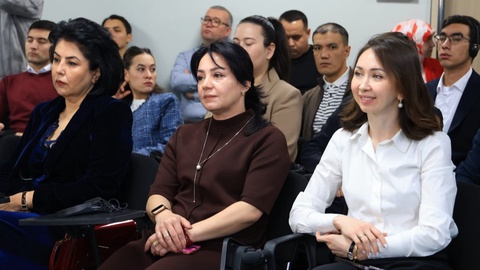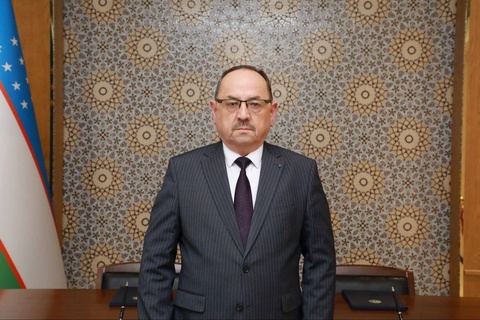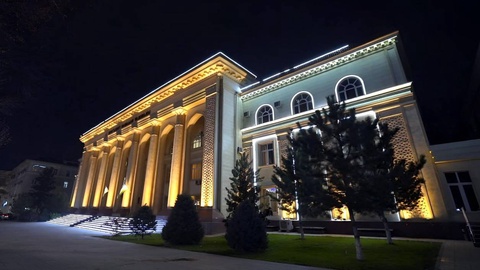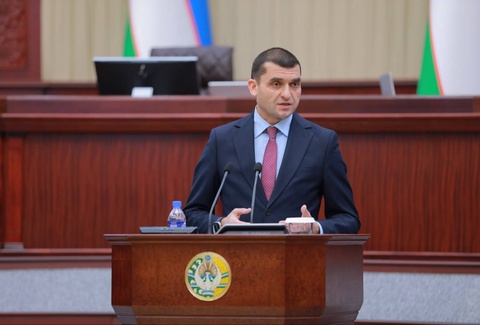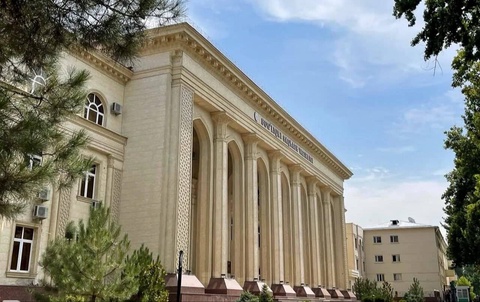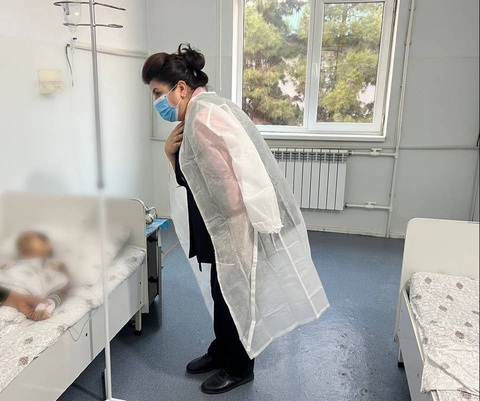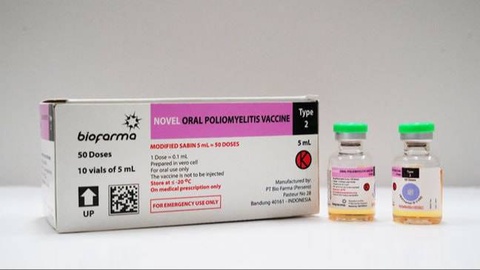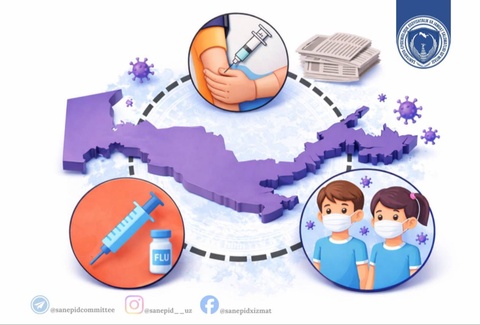However, there were frequent cases of corruption in the provision of such benefits. As a result, citizens faced various difficulties. This led to the fact that people who really needed treatment had to wait in line for years and remain in a difficult situation without getting a "warrant."
It is worth noting that in accordance with the decree of the Head of State dated July 28, 2021, No. PP-5199, this practice has been completely discontinued. As a result, the procedure for issuing quota "orders" to persons belonging to preferential categories was abolished at the expense of the State Budget, as well as a system for registering them through an electronic system and referring them for treatment on a first-come, first-served basis.
"Thanks to this, transparent mechanisms have been introduced locally," says Azizbek Khamrokulov, head of the Department of Medical Care Organization at the Ministry of Health. - As a result, the public is given the opportunity to receive information about the status of their application and queue through a Single portal of interactive public services.
This referral is automatically generated in the electronic information system, and the patient voluntarily chooses whether to use medical services from a state or non-state medical organization.
So, which people fall into this category?
Decree of the President of the Republic of Uzbekistan dated February 26, 2003 No. UP-3214 defined a list of 20 preferential categories of persons to whom medical care is provided at the expense of the State Budget by medical organizations providing high-tech specialized medical care.
In particular, orphans, persons with disabilities of groups I and II, old-age pensioners who are not working, persons who became disabled as a result of the 1941-1945 war and its participants, as well as persons equated to them, internationalist soldiers, members of low-income families receiving child support, have the right to preferential treatment. benefits and financial assistance through the Unified Register of Social Protection information system, family members included in the Register of Poor Families, and family members whose monthly income per family member does not exceed twice the minimum consumer spending.
After the patient is treated, the State Medical Insurance Fund transfers the spent funds from the State Budget to this institution in accordance with the documents justifying the medical services provided within the base prices.
Under no circumstances should people undergoing hospital treatment under this benefit be prescribed medicines and medical devices at their expense.
The Ministry of Health has approved the procedure for allowing the use of medicines and medical devices brought by patients in the hospital.
The legal basis for this is set out in Presidential Decree No. PP-411 dated October 26, 2022, according to which medicines and medical devices necessary for the treatment of patients will be fully purchased by the hospital.



